
Nature
'Nature' Summary
In Nature, Emerson lays out and attempts to solve an abstract problem: that humans do not fully accept nature's beauty. He writes that people are distracted by the demands of the world, whereas nature gives but humans fail to reciprocate. The essay consists of eight sections: Nature, Commodity, Beauty, Language, Discipline, Idealism, Spirit and Prospects. Each section adopts a different perspective on the relationship between humans and nature.
In the essay Emerson explains that to experience the wholeness with nature for which we are naturally suited, we must be separate from the flaws and distractions imposed on us by society. Emerson believed that solitude is the single mechanism through which we can be fully engaged in the world of nature, writing "To go into solitude, a man needs to retire as much from his chamber as from society. I am not solitary whilst I read and write, though nobody is with me. But if a man would be alone, let him look at the stars.
Book Details
Language
EnglishOriginal Language
EnglishPublished In
1836Authors
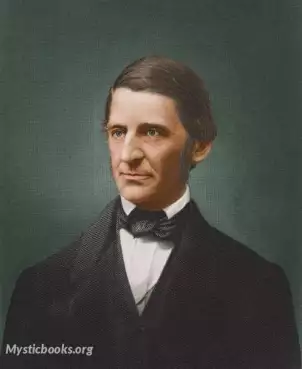
Ralph Waldo Emerson
United States
Ralph Waldo Emerson (May 25, 1803 – April 27, 1882), who went by his middle name Waldo, was an American essayist, lecturer, philosopher, abolitionist and poet who led the transcendentalist movem...
Books by Ralph Waldo EmersonDownload eBooks
Listen/Download Audiobook
Related books
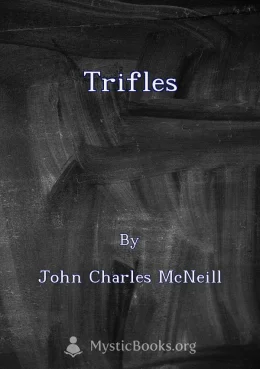
Trifles by John Charles McNeill
This collection of essays and poems explores the nature of trifles, those seemingly insignificant things that can have a profound impact on our lives....
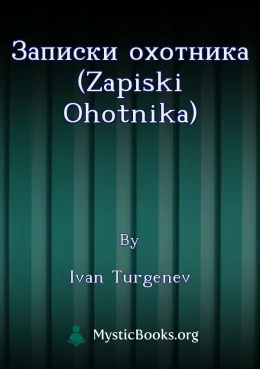
Записки охотника (Zapiski Ohotnika) by Ivan Turgenev
Записки охотника (Hunter's Notes) is a collection of interconnected stories by Ivan Turgenev, published between 1847 and 1851. The narrative unfolds...
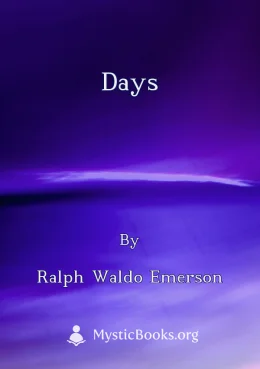
Days by Ralph Waldo Emerson
Days is a collection of 366 short essays by Ralph Waldo Emerson, each of which offers a brief meditation on a different aspect of life. The essays are...
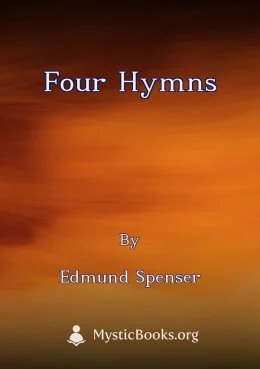
Four Hymns by Edmund Spenser
This volume contains four hymns by Edmund Spenser, a renowned Elizabethan poet. The hymns explore the Platonic concept of love and beauty, and their r...
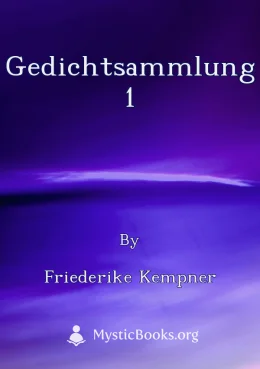
Gedichtsammlung 1 by Friederike Kempner
Gedichtsammlung 1 by Friederike Kempner is a collection of almost 400 mostly very short poems. The poems are characterized by their lyrical style, the...
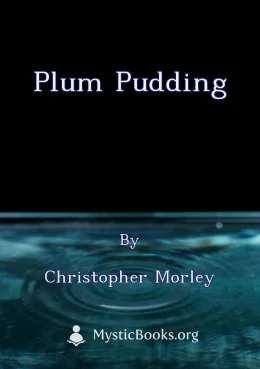
Plum Pudding by Christopher Morley
In 'Plum Pudding,' Christopher Morley presents a collection of essays that offer a witty and insightful look at life, literature, and the world around...
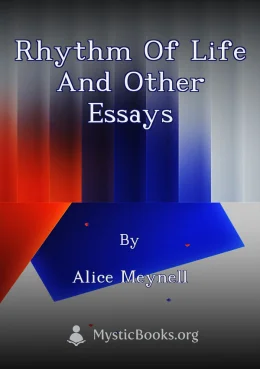
Rhythm of Life and Other Essays by Alice Meynell
Alice Meynell's 'Rhythm of Life and Other Essays' is a diverse collection of insightful and beautifully written essays exploring a range of subjects....
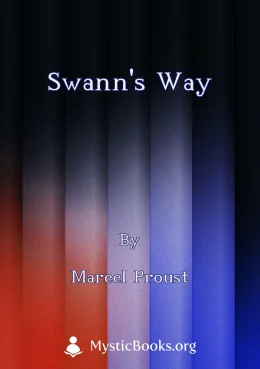
Swann's Way by Marcel Proust
Swann's Way is the first book in the seven-volume work In Search of Lost Time, or Remembrance of Things Past, by Marcel Proust. It is a novel written...
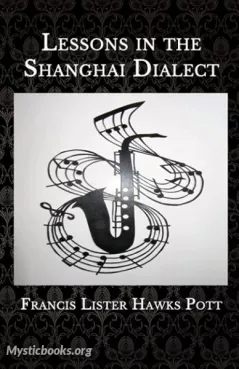
Lessons in the Shanghai Dialect by Francis Lister Hawks Pott
The book aimed to help Westerners learn the Shanghai dialect of Chinese, which was widely spoken in the city at the time. The book is divided into tw...
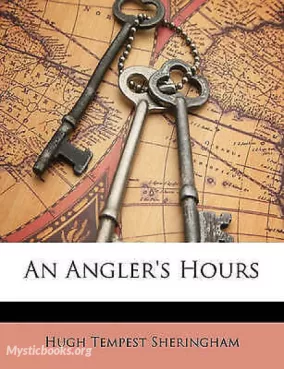
An Angler's Hours by Hugh Tempest Sheringham
In this, Sheringham shares his love of fishing and the outdoors with his readers. He describes the thrill of catching a fish and the peacefulness of b...
Reviews for Nature
No reviews posted or approved, yet...